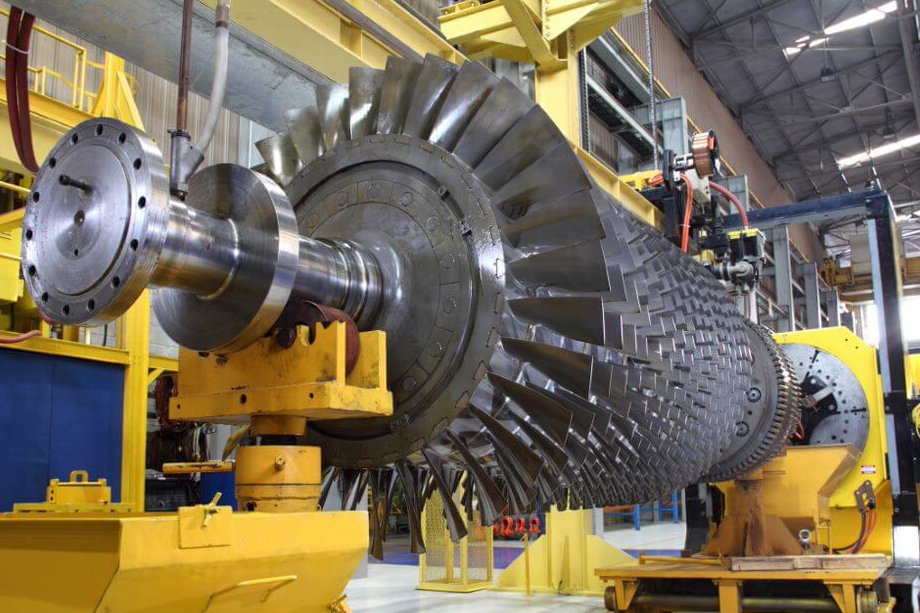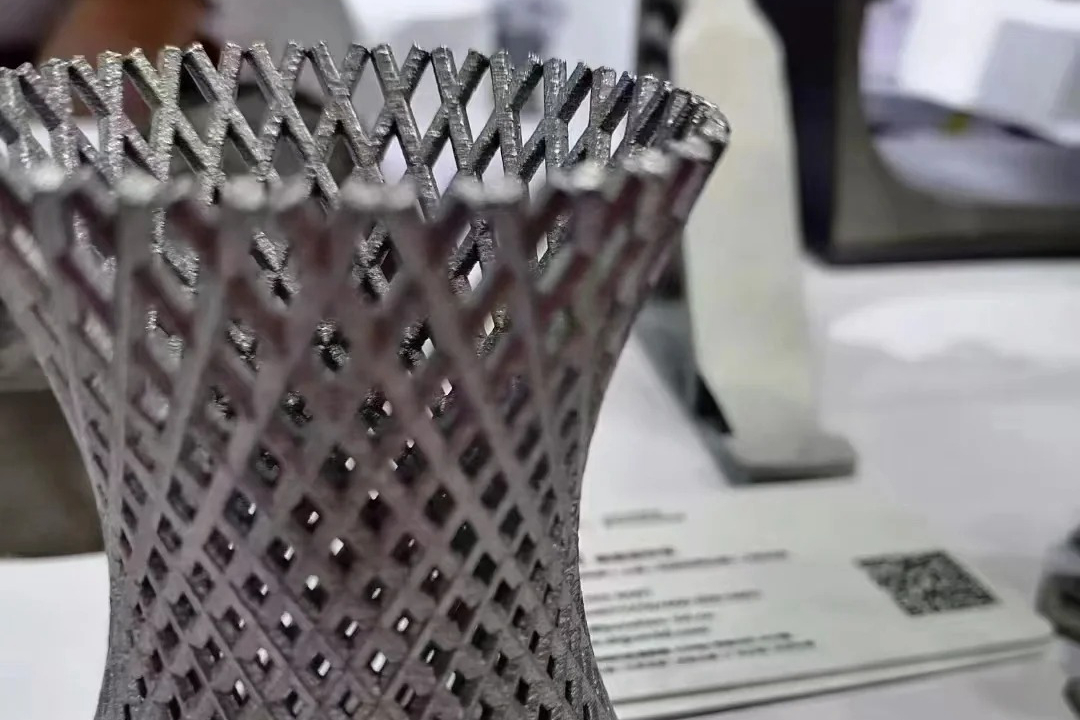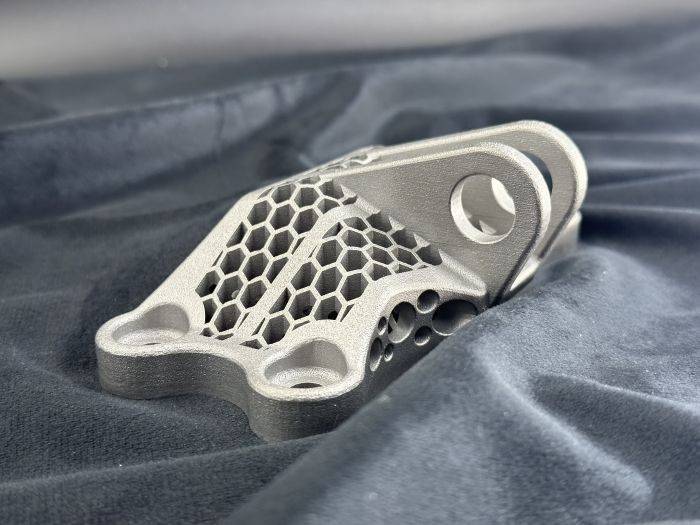Can you provide expert analysis and recommendations on potential root causes?
Systematic Failure Investigation Methodology
Yes, we provide comprehensive expert analysis and evidence-based recommendations for potential root causes of component failures or performance issues. Our approach follows a structured investigative methodology that integrates material characterization data, manufacturing process knowledge, and service condition assessment to identify underlying failure mechanisms. This systematic analysis is particularly valuable for components produced through advanced manufacturing techniques like Powder Bed Fusion or Directed Energy Deposition where multiple factors may contribute to performance issues.
Multidisciplinary Root Cause Analysis Approach
Manufacturing Process Evaluation
We critically assess potential manufacturing-related contributors, including examination of process parameters, material handling, and post-processing effects. For additively manufactured components, this includes analyzing the effects of build orientation, layer adhesion integrity, and the potential for process-induced defects. We evaluate whether proper Heat Treatment protocols were followed for stress relief or whether Hot Isostatic Pressing (HIP) would have been beneficial for defect reduction in critical Aerospace and Aviation components. Our analysis frequently identifies issues related to improper parameter selection, contamination during manufacturing, or deviations from established processing windows.
Material Selection and Specification Assessment
Our investigation involves determining whether the selected material is suitable for the application requirements. We analyze whether Titanium Alloy grades were properly specified for their corrosion resistance needs, whether Superalloy compositions matched the temperature requirements, or whether Stainless Steel grades provided adequate strength for the loading conditions. For Automotive and Robotics applications, we frequently identify material specification errors where mechanical properties were insufficient for dynamic loading conditions or environmental exposure.
Common Root Cause Categories and Recommendations
Design and Application Issues
We frequently identify design-related root causes, including stress concentrations at geometric transitions, inappropriate safety factors for dynamic loading, or a misunderstanding of service conditions. Our recommendations may include design modifications, alternative material selections, or additional Surface Treatment to address identified issues. For Medical and Healthcare devices, we often recommend different Plastics or Resins with improved biocompatibility or sterilization resistance based on identified failure mechanisms.
Manufacturing and Quality Control Recommendations
Based on root cause findings, we provide specific corrective actions for manufacturing process improvement. These may include parameter optimization for Binder Jetting processes, improved powder handling protocols to prevent contamination, enhanced inspection criteria for Ceramic components, or implementation of additional non-destructive testing at critical manufacturing stages. Our recommendations are practical, actionable, and focused on preventing recurrence while maintaining production efficiency.



